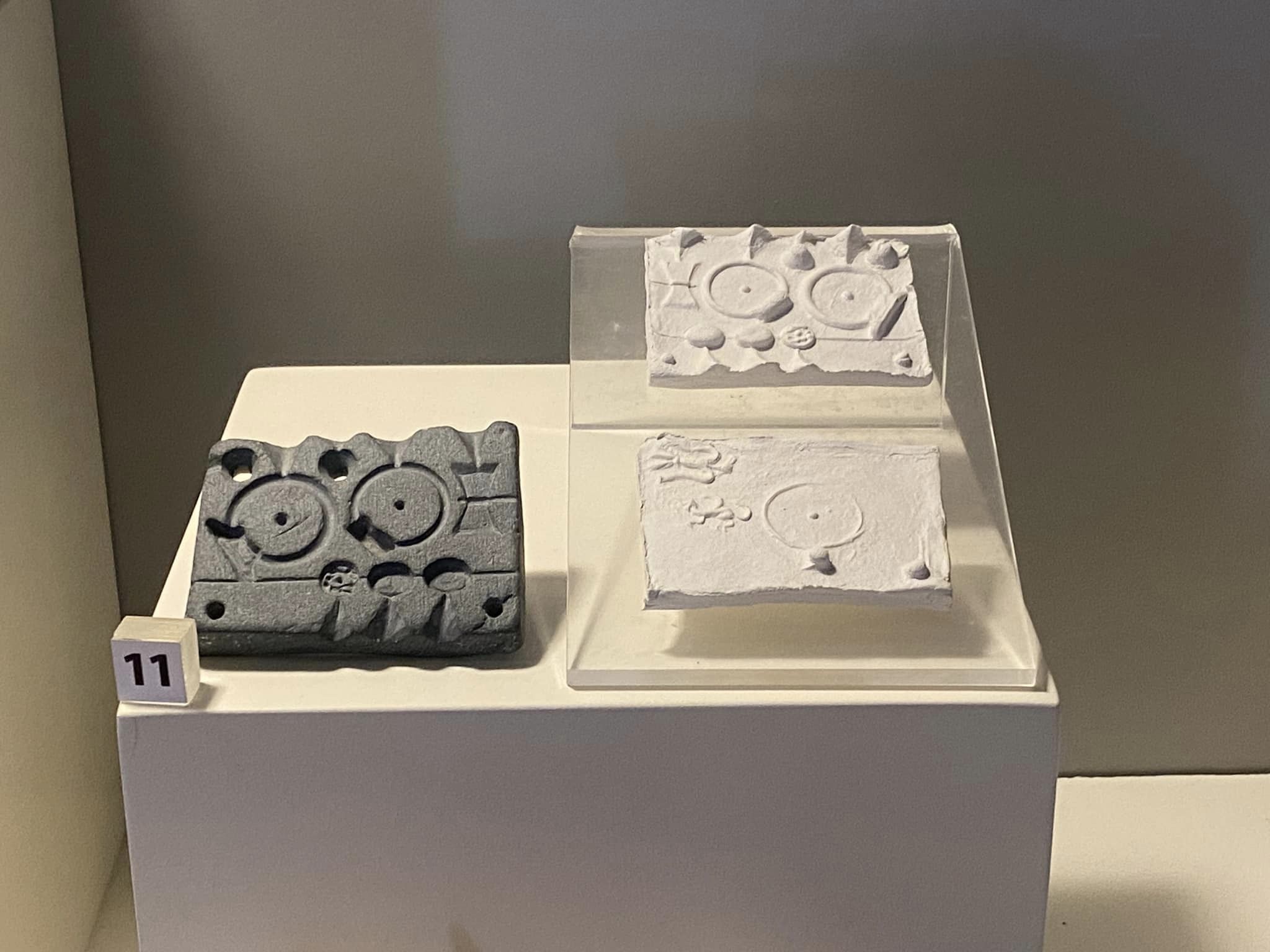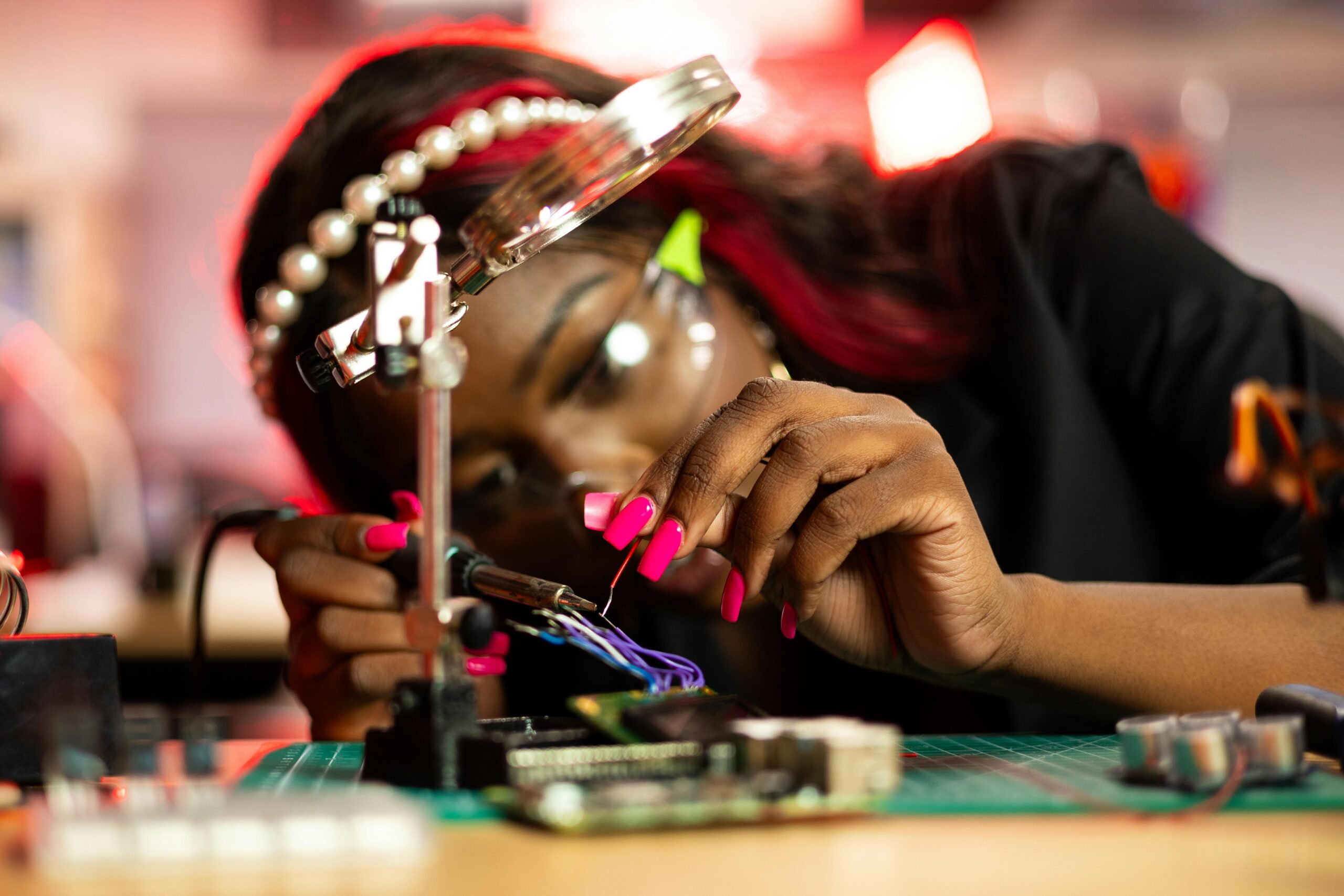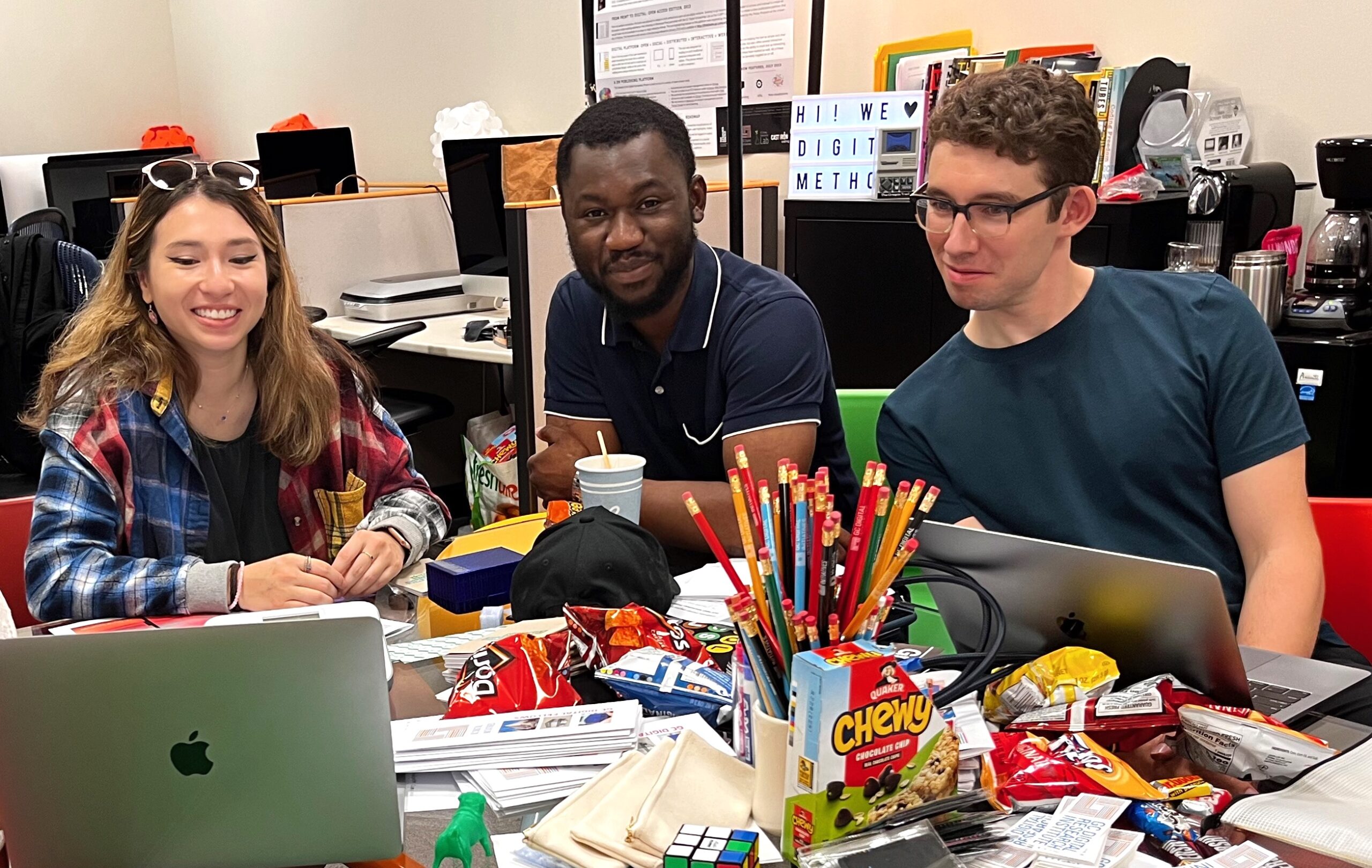
As a new Digital Fellow, I regularly work with peers to help develop their digital projects and learn new tools for doing so. In the few months since becoming a Fellow, I’ve begun to notice how people go about learning a new technology and developing their digital projects, and I’d like to reflect a bit on my own learning process.
Eighteen months ago I started building a web-based app for teaching introductory linguistics. At the start, I had a general concept of what I wanted to build, motivation to develop it, and a minimal knowledge of Python. But in terms of actually transforming this idea into a usable pedagogical tool, I knew I needed a real-live support. Thankfully, I received generous support through a Provost’s Digital Innovation Grant, and I was able to allocate a portion of my project funding to hiring a colleague with programming experience and expertise in building web-based apps who agreed to act as a mentor/consultant on my project. This arrangement enhanced my experience building a digital learning tool in important ways: At the onset, I was able to discuss big-picture conceptual ideas with my colleague and she helped me figure out how these could be turned into code. I was able to learn technical aspects of building a web-based app at a fast rate by working through problems with a knowledgeable collaborator. For some of the more difficult technical issues, my colleague modeled a potential solution and then I would work through her steps and in doing so, learned how the solution worked and how it functioned in the larger machinery of the app. I learned how web frameworks and databases work (for me, the two hardest parts of building my app) by turning problems into learning opportunities.
In building this project, I learned an invaluable lesson (arguably the most worthwhile in graduate school to date): we are each other’s most valuable resources. The purpose of this blog is to offer some suggestions for thinking and working more effectively through peer-peer collaboration.
- Share your ideas. Talk about your project ideas with your peers and you’ll be surprised how many people are interested and want to get involved. Find someone who is interested in your work and has some technical expertise with a digital tool relevant to your work, and explore possibilities for collaborating on your project.
- Create a collaborative work plan. For complex tasks like building an app or statistical modeling for complex data sets (stay tuned for my post on statistical modeling with R next month!), I suggest developing a collaborative project plan with a mentor, colleague, or friend who is interested in your project. How you provide compensation is up to you. I was fortunate to have some funding to pay my colleague for her time, but I’m willing to bet you can find someone willing to barter services, take coffee or a pint for payment, or work for nothing more than the knowledge that they’re helping to better your awesome project.
- Set expectations for your collaboration. It’s important from the start for you and your collaborator to have clearly-defined roles and expectations for each other. This is the key in making the most of your collaboration. This will add structure to your development process and allow you to hold each other accountable for your work.
- Establish a reasonable, feasible timeline. Scheduling regular blocks of time for working on your project is important. Beyond just scheduling time in the calendar, setting regular meetings with a mentor/collaborator is very helpful in keeping project development on track. I recommend at each meeting that you set concrete, measurable goals, which will build towards a more complex long-term goal. For my project, my colleague and I met every two weeks for several months, for about an hour. At each meeting, we discussed the medium- and long-term goals, figured out next steps for reaching those goals, and articulated specific actions we would each take before the next meeting. In my case, we also determined what I could do on my own and what skills I needed to learn. Walking through this process step by step and identifying the gaps in my technical knowledge provided very specific direction for the tutoring aspect of our collaboration, which I benefited from greatly.
- Stay on the same track. At each meeting, keep detailed notes on long- and short-term goals, as well as technical concerns, possible ideas to consider, and most importantly, set achievable tasks and deadlines. Keeping track of these items will help to keep the project running smoothly.
As digital scholars, we are always working to develop our skills using new kinds of digital tools for building and analyzing information, and yet we often forget about the most basic, most valuable resource—other people! Technical workshops are great for introducing you to the tools you need to develop your project and pointing you in the right direction, but that’s just the beginning. The path to developing a complex digital project is difficult, and you stand to benefit a lot from some sustained guidance. You don’t want your guide to carry you—you just want them to keep you from walking off a cliff or getting mired in the complexities of the digital tools that you’re learning to use. So, in addition to attending workshops (check out the workshops the GC Digital Fellows are offering!) to develop your technical skills, I recommend seeking out colleagues and friends who share an interest in your work and exploring the possibilities for collaborating on your project.





